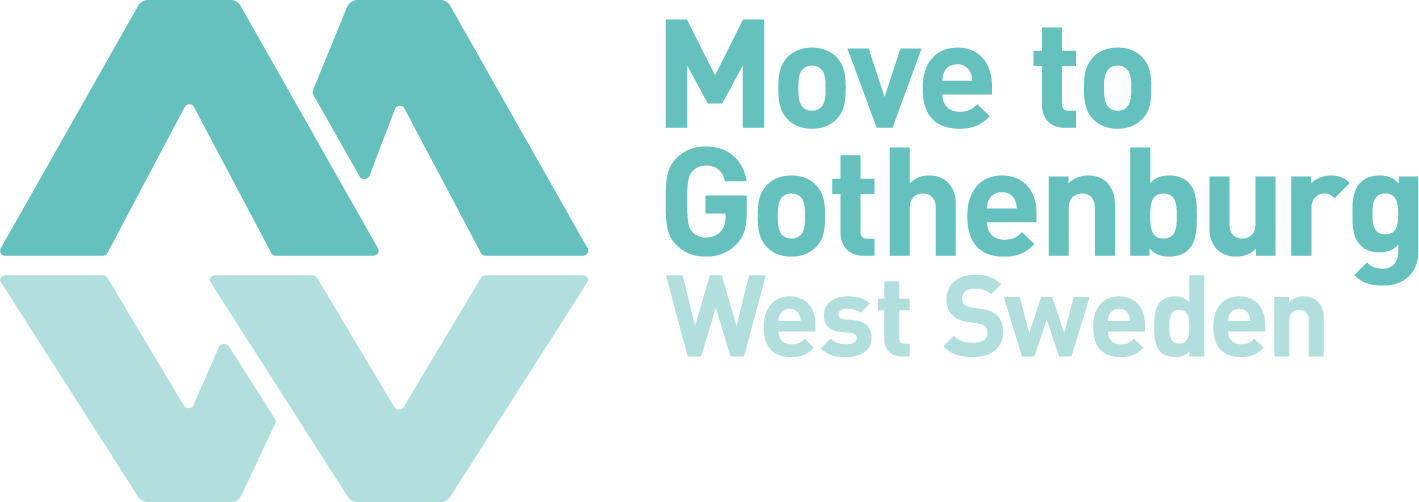
Overseas qualifications in Sweden
Depending on your profession and academic background, you may need to have your qualifications recognised, obtain a Swedish licence or complement your training in order to work in Sweden.
Regulated professions
Some professions, for example within healthcare, education and law, are regulated through legislation and require a particular qualification or authorisation to practice in Sweden. If you would like to work in these professions you must contact the relevant authority and apply for the right to practice. The Swedish Council for Higher Education provides information on the various regulated professions and authorities to contact.
If you are a healthcare professional, you may need to obtain a licence or have a specialist qualification recognised to practice in Sweden. You can learn more and apply on the National Board of Health and Welfare's website.
Good to know
Swedish language skills may be required to practice certain professions in Sweden. The European Council's self assessment grid can be used to understand the various levels required. For example, to be able to work as a doctor in Sweden you need to have a Swedish medical licence and have high-level Swedish language skills (at least C1 on the assessment grid).
Non-regulated professions
Many professions are non-regulated and it is not a requirement to have your foreign qualifications formally recognised. At the same time, the Swedish Council for Higher Education can provide you with a written statement you can use when applying for jobs. The statement may help a prospective employer to understand what you have studied by describing your qualification and comparing it to an equivalent Swedish qualification. For more information visit the Swedish Council for Higher Education website.
Photo Credits: Kristin Lidell/imagebank.sweden.se



